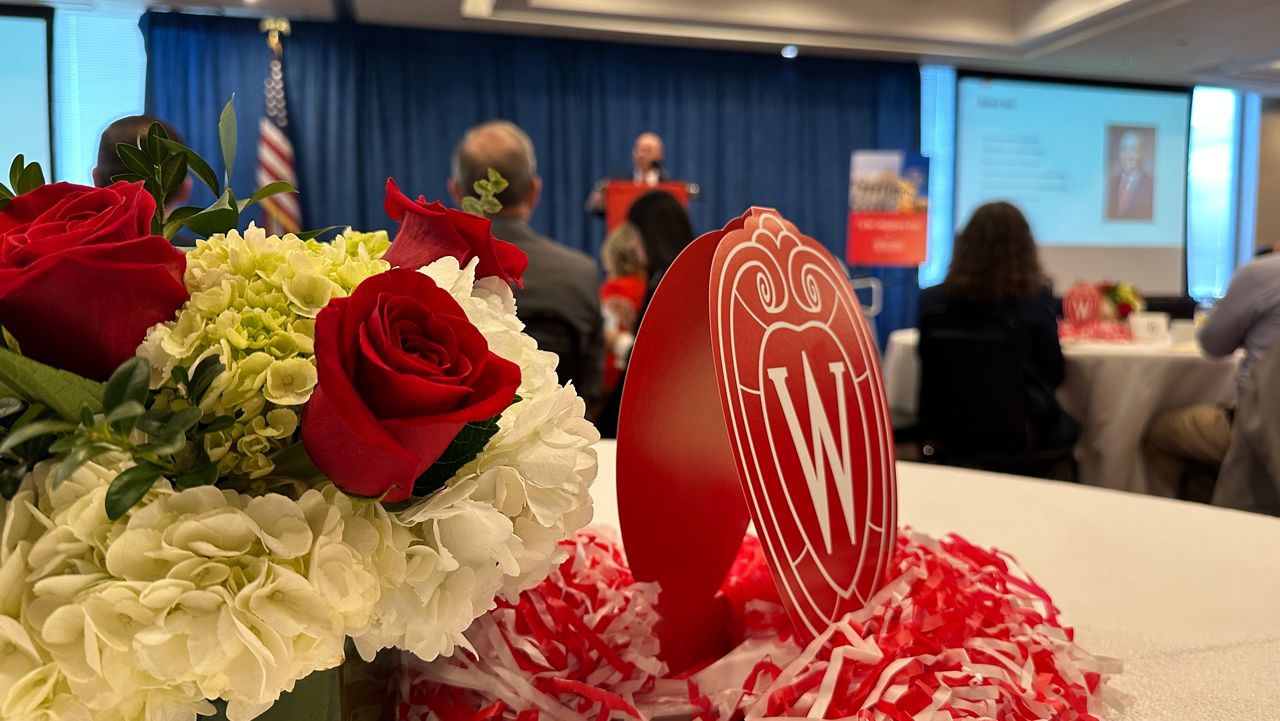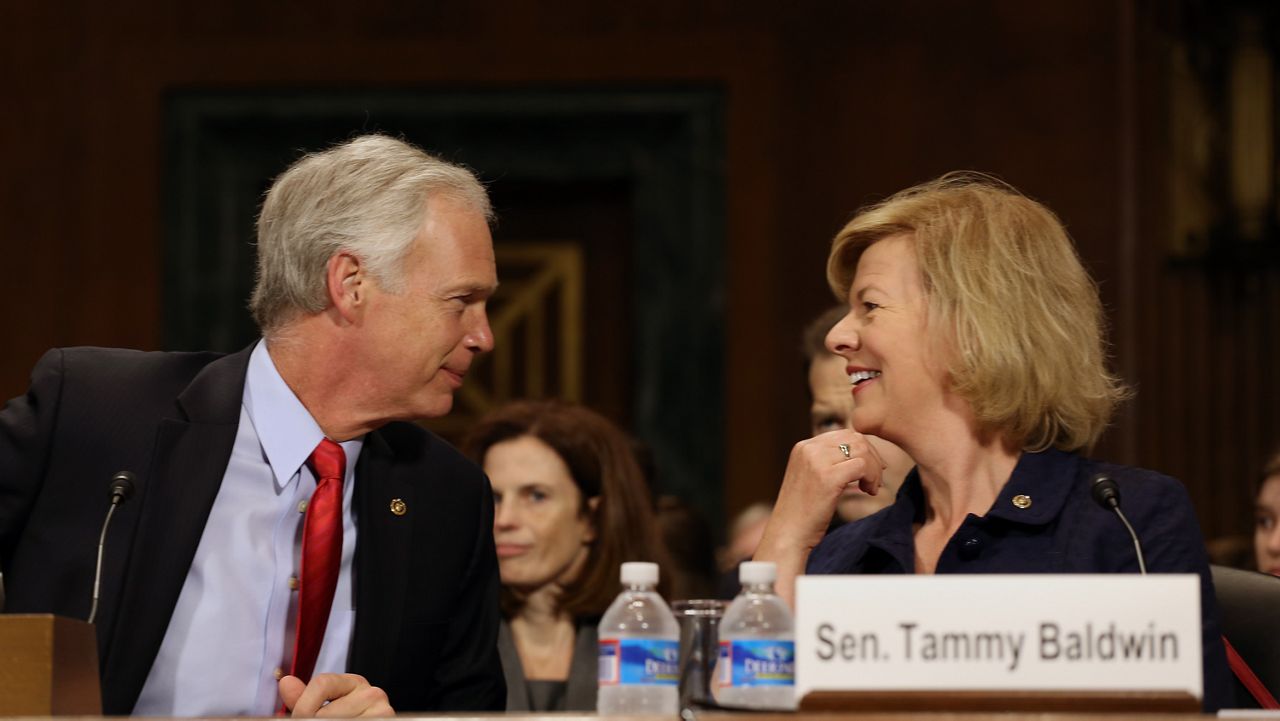WASHINGTON — Just one week after Congressman Tom Tiffany's legislation to turn Apostle Islands National Lakeshore into a national park had a hearing in a House committee on Capitol Hill, the Red Cliff Band of the Lake Superior Chippewa released a statement saying “the Tribe must oppose this bill.”
Tiffany, a Republican from Minocqua, touted this bill as one that would increase jobs and tourism, and honor the Ojibwe people, the original inhabitants of the islands.
The statement from the Red Cliff Band lists several dates where Tribal officials communicated or met with Tiffany’s office. It even lists a meeting between Tiffany’s staff and Chairwoman Nicole Boyd, Vice Chairman Richard Peterson, and three other Tribal Council members who all traveled to Washington, D.C. A spokesperson for Tiffany confirmed this to Spectrum News and said they also met with the Tribe’s lobbyist several times before introducing the bill.
Still, Tribal officials said in their statement that they did not receive “sufficient” information when they “presented questions and concerns about the bill to lawmakers and Tiffany’s staff at the Capitol.”
However, the Tribe cannot justify this bill to our community. The Tribe must know the potential impacts to our members’ treaty rights.“To the Tribe’s knowledge,” the statement reads, “there has been no environmental impact study; no economic impact study; no infrastructure impact study; no cultural and treaty rights impact study; and no mention of what specific federal fiscal resources this change would bring to the area. The Tribe is open to working with lawmakers on issues that ultimately impact Gaa-Miskwaabikaang, its tribal membership, and our natural resources. However, the Tribe cannot justify this bill to our community. The Tribe must know the potential impacts to our members’ treaty rights.”
Conversely, a spokesperson from Tiffany’s office said they have “proactively engaged and consulted with Red Cliff and their lobbyist” and “any claim to the contrary is false.” The spokesperson also responds to claims in the Red Cliff statement that in June, Tribal officials provided three pages of questions in writing and did not receive any "comprehensive responses to date," and that in 2018, Tiffany “floated the idea of ‘upgrading’ the National Lakeshore to a National Park.”
“We have addressed every question and concern raised by their tribal consultant regarding this legislation and remain open to addressing any further questions outlined in their three-page document,” the spokesperson said. “However, we have not received the mentioned letter, nor were these concerns communicated through their consultant. Furthermore, Congressman Tiffany was not even in Congress in 2018. Therefore, he was not floating the idea then. Any claim suggesting otherwise is untrue.”
The spokesperson for Tiffany’s office also said nothing in the bill would alter or change existing treaty rights.
“This land is already protected federal land under the National Park Service, and nothing in this bill modifies its existing boundaries, treaties, or the tribe’s right to hunt and gather.” “That said, in order to address any concerns people may have, we are planning to add an amendment to the bill in committee that would reaffirm that the new designation will not in any way modify existing treaties,” the spokesperson said, echoing Spectrum News’ reporting from Tuesday. “This land is already protected federal land under the National Park Service, and nothing in this bill modifies its existing boundaries, treaties, or the tribe’s right to hunt and gather.”
In an interview earlier this week, Jim Feldman, a professor of history and environmental studies at University of Wisconsin Oshkosh who has written a book about the Apostle Islands, said concerns about the national park designation impacting treaty rights has a long history for the Red Cliff Band, as well as the Bad River Band.
“Those groups were included in some of the initial proposals to create the park in the 1960s,” Feldman explained on Tuesday. “But eventually pulled their support from the park and withdrew as many of their lands as they could, because they were worried about the ability of the federal government to protect their treaty-guaranteed rights to hunt and fish in those lands. And so this proposal is touching a deep historical nerve.”










